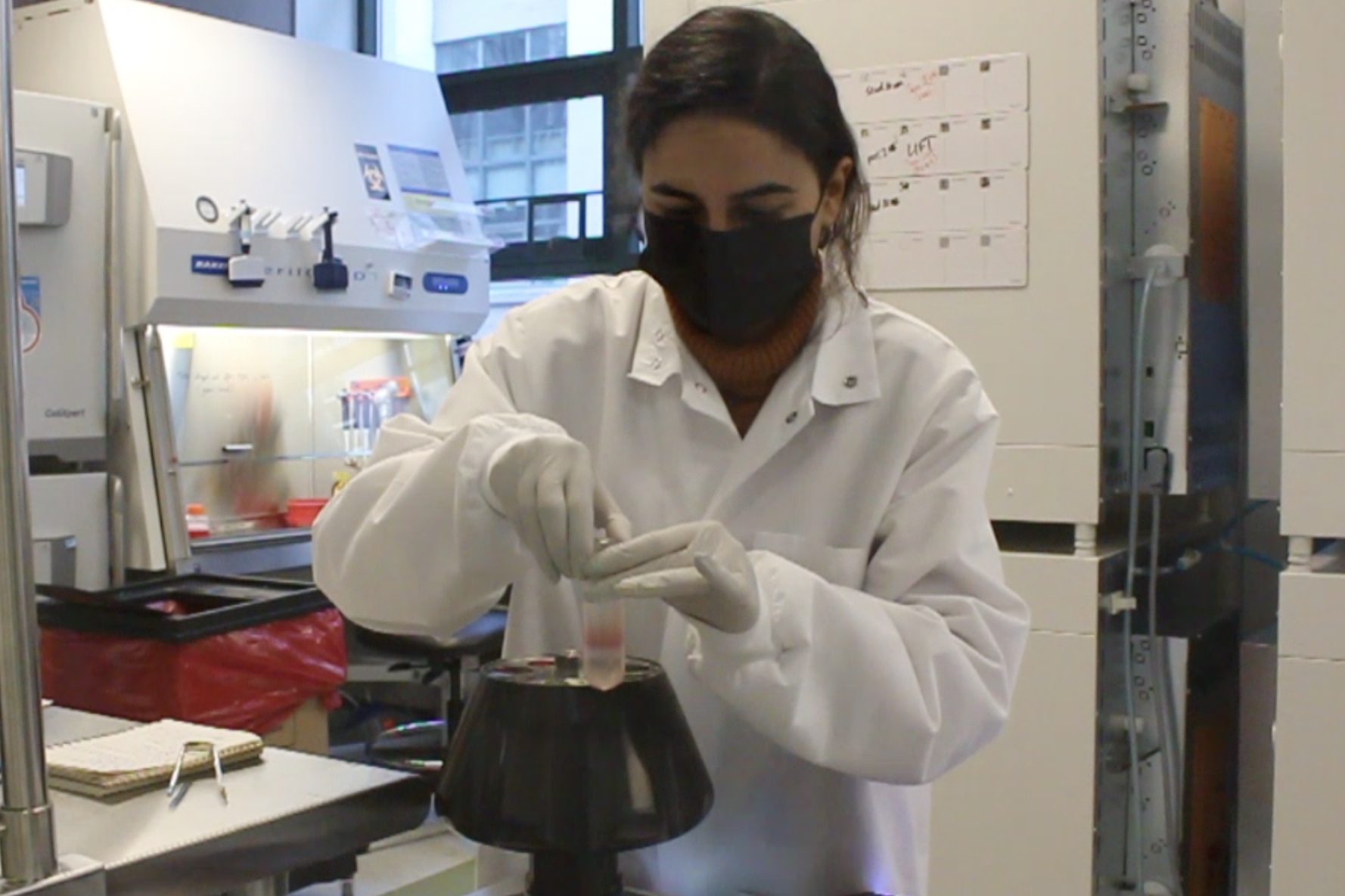Dyno Therapeutics applies artificial intelligence (AI) and quantitative in vivo experiments to gene therapy. The company’s proprietary CapsidMap™ platform discovers and systematically optimizes Adeno-Associated Virus (AAV) capsid vectors that is designed to outperform current approaches for in vivo gene delivery, thereby expanding the range of diseases treatable with gene therapies.
In a paper published recently in Nature Biotechnology, the company demonstrates the use of artificial intelligence to generate an unprecedented diversity of adeno-associated virus (AAV) capsids towards identifying functional variants capable of evading the immune system, a factor that is critical to enabling all patients to benefit from gene therapies. The research was conducted in collaboration with Google Research, Harvard’s Wyss Institute for Biologically Inspired Engineering and the Harvard Medical School laboratory of George M. Church, Ph.D., a Dyno scientific co-founder.
It is estimated that up to 50-70% of the human population have pre-existing immunity to natural forms of the AAV vectors currently being using to deliver gene therapies. This immunity renders a large portion of patients ineligible to receive gene therapies which rely upon these capsids as the vector for delivery. Overcoming the challenge of pre-existing immunity to AAV vectors is therefore a major goal for the gene therapy field.
“The approach described in the Nature Biotechnology paper opens a radically new frontier in capsid design. Our study clearly demonstrates the potential of machine learning to guide the design of diverse and functional sequence variants, far beyond what exists in nature,” said Eric Kelsic, Ph.D., Dyno’s CEO and co-founder. “We continue to expand and apply the power of artificial intelligence to design vectors that can not only overcome the problem of pre-existing immunity but also address the need for more effective and selective tissue targeting. At Dyno, we are making rapid progress to design novel AAV vectors that overcome the limitations of current vectors, improving treatments for more patients and expanding the number of diseases treatable with gene therapies.”
The Nature Biotechnology paper describes the rapid production of a large library of distinct AAV capsid variants designed by machine learning models. Nearly 60% of the variants produced were determined to be viable, a significant increase over the typical yield of <1% using random mutagenesis, a standard method of generating diversity.
This research builds upon previous work published in Science in which a complete landscape of single mutations around the AAV2 capsid was generated followed by evaluation of the functional properties important for in vivo delivery. In parallel with these works, Dyno has established collaborations with leading gene therapy companies Novartis, Sarepta Therapeutics, Roche and Spark Therapeutics to develop next-generation AAV gene therapy vectors with a goal of expanding the utility of gene therapies for ophthalmic, muscle, central nervous system (CNS) and liver diseases.
In May, the company announced a $100 million Series A financing led by Andreessen Horowitz, with participation from a select syndicate of new investors including Casdin Capital, GV, Obvious Ventures and Lux Capital. Founding investors Polaris Partners, CRV and KdT Ventures all participated in the round.
Image source: Dyno Therapeutics

